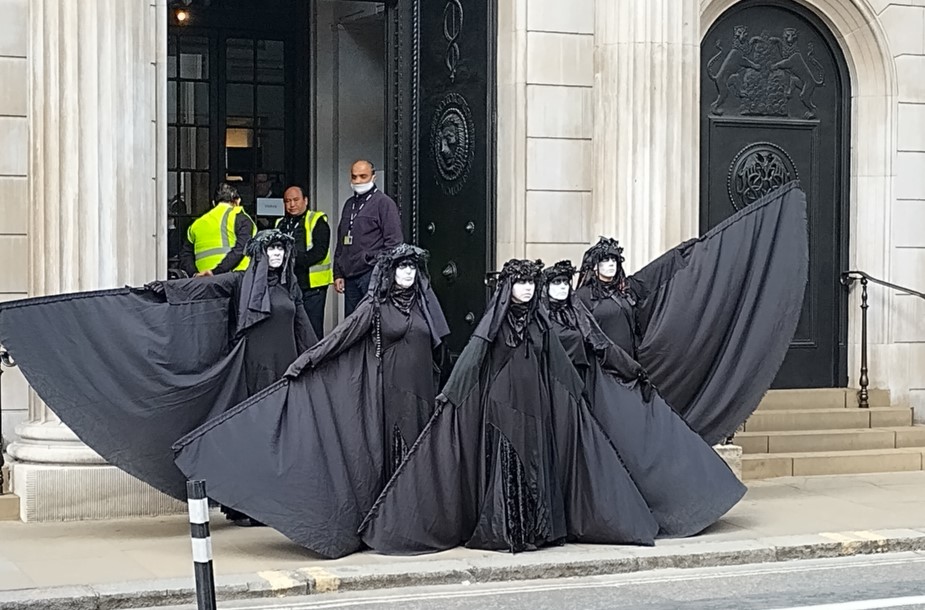The risk of solar and wind turbine fires, combined with the growth of co-located energy storage, are leading to escalating fire hazards in the clean energy space.
This is amongst the findings of a report published this week by Firetrace International into what it says is a serious and growing danger.
As the co-location of renewable energy assets is fast becoming one of the preferred approaches in the transition to clean energy production. American Clean Power reported that the deployment of co-located renewables in the US rose by 90% in 2023. In particular, battery plus solar installations led the way with 10.45GW, and such projects are forecasted by the US Energy Information Administration to account for 81% of new electricity generation capacity this year. To aid this, developers have rightly identified and sought to manage the risk of fire in battery systems.
However, this same level of vigilance has not been applied to wind or solar assets, among which batteries are often interspersed on co-located sites. This is despite the fact that solar and wind infrastructure carry their own fire hazards that could have site-wide consequences in the absence of adequate mitigation strategies. The report explains that, though less common than battery fire, 1 in 2000 turbines will experience a catastrophic fire and that solar farm fires are understood to be underreported.
Brian Cashion, director of engineering, Firetrace International, said: “Last year, the industry’s awareness of energy storage fire risk grew substantially, partly driven by delays and cancellations of projects due to fire concerns. The International Association of Fire Chiefs also ran a fire risk campaign for energy storage, demonstrating a committed attitude to managing the hazards associated with batteries. What this new report illustrates, though, is the prevailing, but mistaken, belief that batteries represent the only high-profile fire risk in co-located renewables projects.”
Image courtesy Firetrace
Printed Copy:
Would you also like to receive CIR Magazine in print?
Data Use:
We will also send you our free daily email newsletters and other relevant communications, which you can opt out of at any time. Thank you.











YOU MIGHT ALSO LIKE